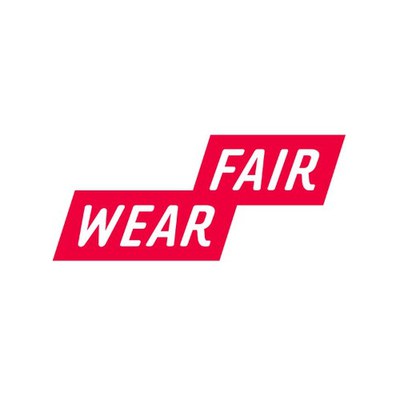
Fair Wear Foundation
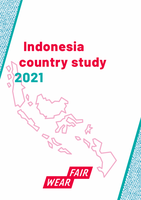
The Indonesian garment industry faced a challenging year in 2021. The excess of COVID-19 pandemic, as well as the turbulent labour regulatory changes due to the enactment of Law Number 11 of 2020 on Job Creation Law has caused notable impact for this sector. To address these issues, Indonesia Fair Wear Country Study 2021 highlights the overview of the Indonesian garment industry’s condition in these past years. This report is equipped with detailed regulatory changes and risk analysis of the most common risks and violations of the labour rights in garment factories in Indonesia, through the lenses of the Fair Wear Code of Labour Practices.

Fair Wear launches “Indonesia Country Study 2021”
The Indonesian garment industry faced a challenging year in 2021. The excess of COVID-19 pandemic, as well as the turbulent labour regulatory changes due to the enactment of Law Number 11 of 2020 on Job Creation Law has caused notable impact for this sector. To address these issues, Indonesia Fair Wear Country Study 2021 highlights the overview of the Indonesian garment industry’s condition in these past years. This report is equipped with detailed regulatory changes and risk analysis of the most common risks and violations of the labour rights in garment factories in Indonesia, through the lenses of the Fair Wear Code of Labour Practices.
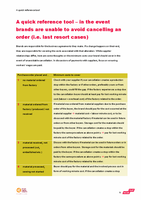
A quick reference tool – in the event brands are unable to avoid cancelling an order
Brands are responsible for the business agreements they make. If a change happens on the brand’s end, it is responsible for covering the costs associated with that alteration. While supplier relationships differ, here are some thoughts on the minimum costs your brand should cover in the event of unavoidable cancellation. In discussions of payments with suppliers, focus on ensuring workers’ wages are paid.
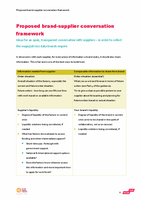
Brand supplier conversation framework
This proposed brand-supplier conversation framework helps facilitate ideas for an open, transparent conversation with suppliers – in order to collect the wage/job loss data brands require.
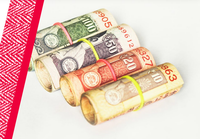
Labour Minute Costing Calculators
Fair Wear’s Labour Minute Costing Calculators allow brands and factories to ring-fence the labour cost based on a transparent methodology for costing/pricing of goods.
